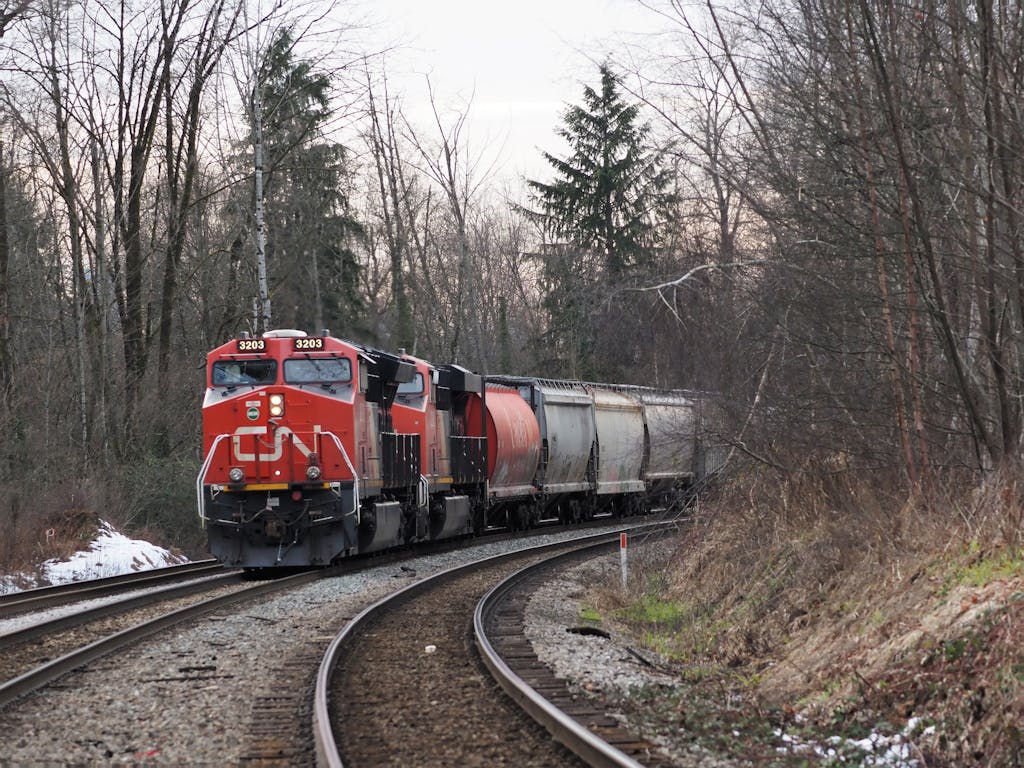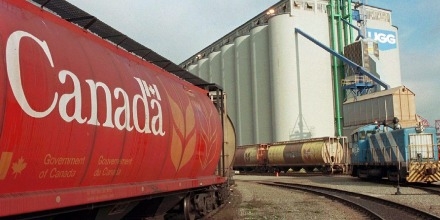REGINA – The tariff threat, and market access to the USA were both hot topics for NDP leader Carla Beck at the Saskatchewan Pulse Growers’ Regina winter meeting.
Beck was there to take the pulse, so to speak, of the pulse growers in attendance at Queensbury Convention Centre to gauge their thoughts and concerns on the issues facing their sector and the province.
While the threat of 25 per cent tariffs is on pause for 30 days, Beck pointed out those could have a major impact on the province’s pulse growers if they do come to fruition.
“Some of the commodities are more exposed than others,” said Beck.
“Chickpeas are the most exposed when it comes to the U.S. market, both for human and for pet food for example. Some of the other pulses like, say, lentils for example, or peas, are a smaller portion of the U.S. market. But still, when you’re looking at the input costs that producers are facing and those things, even a 10 or 5 per cent share of the market has to be made up somewhere. So the importance of looking for new markets, new buyers across the world is ever-present but a little more urgent this year.”
Beck also pointed to investment in trade infrastructure as being vitally important.
“Reliability of rail, increasing capacity to get product to market and functionality of ports. Those things continue to come up time and time again. This really is a moment that we have to meet as not only a province but as a country, and come together and understand that we need to be diversifying markets. We need to make sure that what we grow here in this province and again world-class, our pulses, our potash, our oil and gas that we need to be able to get it to market so that we’re not reliant on any one market such as the U.S.”
Beck has also been supportive of taking Saskatchewan message to the US markets opposing tariffs. There has been some concern expressed in US states such as Iowa about what the impact could be on important imports such as potash.
“Certainly those farmers, those producers down in the U.S. understand that they need our potash to be able to grow what they need to grow in the U.S.,” said Beck. “It’s why consistently we have not only talked about what the impact of these tariffs, potential tariffs, would be to Canadians and jobs and livelihoods here at home, but the devastating impact this is going to have for producers, for consumers, for industry in the U.S. We’ve heard that message again today.”
Beck said with this current 30-day pause, “it is more important than ever that we don’t take our foot off the gas.
“We continue to take those messages directly to Americans. We’ve heard also for example from the American home builders who understand that if these tariffs were to come in, it would only increase costs for building homes in the U.S. at a time, like Canada, where we need more homes built. I don’t think that there are very many people on either side of the border who are looking for higher costs when it comes to putting gas in their vehicle or putting food on their table.”
Carl Potts, Executive Director of Saskatchewan Pulse Growers, said international trade and market access were their highest priorities at the moment.
Potts spoke about the vulnerability of his sector to tariffs. He noted important markets to pulse growers include not only the USA but China and India. But even with diverse markets there have been issues.
“We’ve experienced challenges in market access for tariff and nontariff barriers for many years,” said Potts. “A lot of our exports for pulses are in countries like India to China and our third largest market is the US. For the past ten years we have faced tariffs to India, and sometimes they have been on for tariffs, sometimes they have been off. The last number of years we’ve had tariff-free access for lentils, and just over the last year or so, tariff-free access for peas.”
Potts noted that there are some important timelines coming up over the next couple of months in India where that country has some decisions to make with respect to market access for peas and lentils, so they are watching that very closely.
“The reality is the most populous countries are often the ones that consume the products that are produced here, so we remain highly dependent on some of those very large markets.”
As for the USA, Potts said that market is “tremendously important” and that he “cannot overstate the importance or understate the threat that tariffs of the US would have on our sector.” It would impact chickpeas and peas, but also “have an impact on the value-added sector.”
He said that as a sector they have been in close contact with their colleagues on the US side from a business-to-business perspective. “We know we benefit from free and open trade so we’re keeping in close contact there, in contact with the provincial and federal government as well.”



